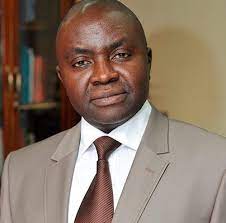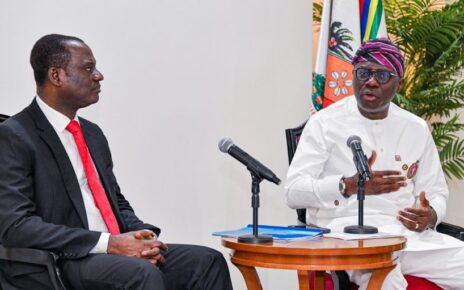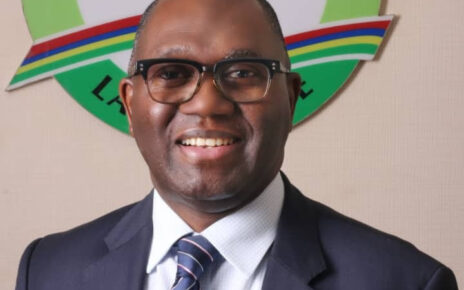The Centre for Promotion of Private Enterprise (CPPE), has charged the Central Bank of Nigeria (CBN) to adopt proactive measures to moderate the current volatility in the official foreign exchange (FX) market following its June 14 FX unification policy was adopted.
Since the policy announcement, high intra-day volatility has characterized the trading sessions at the Investors and Exporters (I&E) window, raising some concern among market analysts and investors about the likelihood of the market being manipulated by some unknown forces.
For instance, last Friday the US dollar traded during the intra-day session between N461.5 and N841 after opening at N758.56 to the US dollar before the volatile intra-session movement, closing at N769.25/$1 at the end of the day’s trading sessions.
The CPPE, in its Half-Year (H1) Economic Review report circulated to BRTNews.ng, noted that though the policy measure to harmonize the FX rates was commendable but advised the apex bank to put in place a sustainable intervention framework to moderate the volatility in the forex market.
In the report circulated by the Centre’s Executive Director, Dr. Muda Yusuf, the organized private sector (OPS) group noted that the outstanding unmet requests would continue to exert pressure on the local currrency’s exchange rate now but that in the short to medium-term the outlook remained “very good”.
He also canvassed the need for the government to intervene through palliative measures on the petroleum industry downstream sub-sector reforms, especially the removal of subsidy on premium motor spirit (PMS) that has increased the pump price of the product by over 200 per cent in some parts of the country.
Yusuf stated: “Urgent measures need to be put in place to mitigate the soaring cost of living and the escalating operating and production costs, especially for businesses.
“Inflationary pressures may intensify in the near term, the exchange rate may come under pressure in the short term as forex demand backlog exerts pressure on the official forex window,” he added.
According to him, the reform portends bright prospects for recovery and growth and clear indications of elevated investors’ confidence, improvement in the government fiscal space and higher prospects of exchange rate stability and will pave the way for an equilibrium exchange rate which would be more tolerable and sustainable.
The seasoned economic analyst further clarified that with a better fiscal space, the outlook for lower fiscal deficit, moderation in the growth of public debt, reduction in debt service burden and an improvement in the macroeconomic stability remains positive, projecting that the economy could witness faster growth in the second half (H2) of the year.
This is even as he charged the President Bola Tinubu-led new administration to act fast to mitigate the current headwinds inflicted by the reforms through a mix of direct interventions, tax incentives for low-income employees/small businesses, reduction in import duties on some critical intermediate products as well as import duty concessions for transportation, health, power and energy sectors.
He said: “The improved fiscal space created by the reforms should make these mitigating measures feasible and they have to be implemented urgently to give the current reforms a human face.”




